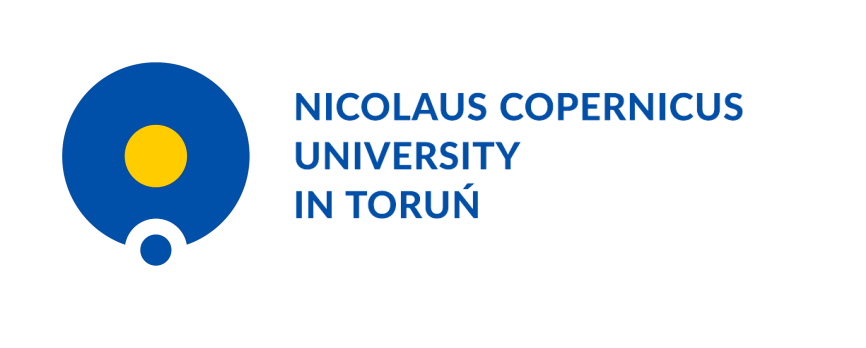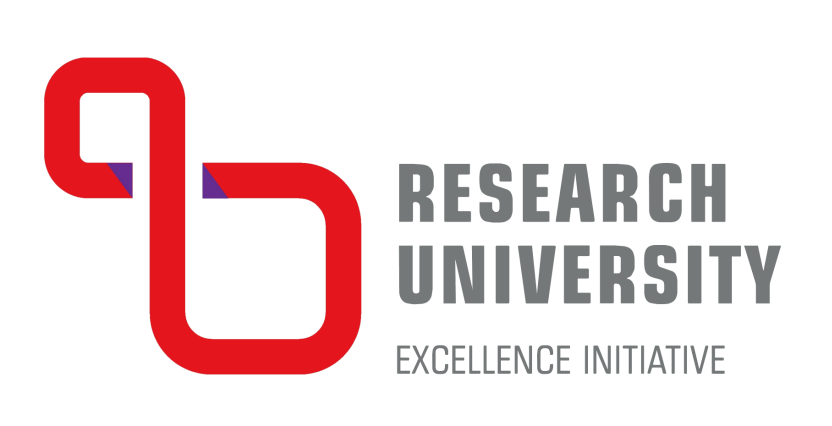Human-invertebrates interactions: Benefits and risks in the face of global warming (BENRISK)
Leader of the group – Prof. dr hab. Elżbieta Żbikowska
Global warming, regardless of the conditions accepted by various groups of scientists, is a fact. Climate change is followed by changes in biocoenoses, including those significantly affecting people’s live. Free-living and parasitic invertebrates are an important element of both, terrestrial and aquatic biocenoses, affecting the food base and physiological processes of humans. Due to the ectothermy the ranges of occurrence of various species of invertebrates are determined by the ambient temperature, which means that in the face of global warming, there are qualitative and quantitative changes in populations. Understanding the mechanisms of adaptation of invertebrates, in particular those representing the two most numerous types – arthropods and molluscs, to climate change is of key importance for the environment and humans. Adaptations concerning both, the life cycle and the interactions of these invertebrates with other organisms occur at the individual level, starting from the earliest stages of ontogenesis, and at the population level. The adaptability of arthropods and molluscs to global changes determine the expected but also unknown effects on the environment and humans. Therefore, we can speculate that global warming brings both, benefits and risks.
Members of the research group, using traditional and molecular methods of species diagnosis as well as field and experimental research tools, attempt to explain the real and potential effects of global warming in selected locations of the Polish Lowlands, primarily regarding changes in the range of occurrence of pollinators, teratological effects of ambient temperature fluctuations, the composition of the microbiota in digestive tracts of model invertebrates and the threat from parasites transmitted by mollusc and arthropod vectors.
Prof. dr hab. Elżbieta Żbikowska – is the head of the Department of Invertebrate Zoology and Parasitology at the Faculty of Biological and Veterinary Sciences of the Nicolaus Copernicus University. Her research include: (i) ecophysiology of molluscs – thermal preferences of freshwater snails, hematological indicators of adaptation of land snails to winter torpor, and symptoms of behavioral fever; (ii) fluke diversity in host populations of snail species – morphological and molecular identification of larval stages of parasites; (iii) interactions in the host-parasite system on the snail-fluke model – somatic gigantism of the host, parasitic castration, behavioral anapyrexia; and (iv) transmission of flukes of medical and veterinary importance in the environment – e.g. the use of an alien species of mollusc to reduce the risk of swimmer’s itch at bathing sites.
She managed or participated in the implementation of four research projects (KBN: 2001-2004, MNiSW: 2009-2012, 2010-2012, NCN: 2017-2020), the results of which were published in well-known scientific journals. She reviewed research projects submitted to the Czech Academy of Sciences. For years she has been cooperating with parasitologists from the Charles University in Prague and the Czech Academy of Sciences in České Budějovice. Professor Żbikowska was the promoter of two doctorates – she promoted Anna Cichy PhD and Anna Stanicka PhD, who successfully continue research in the field of parasitology at Nicolaus Copernicus University. She acted as a reviewer of habilitation and PhD dissertations and a super reviewer of the professorship. Prof. Elżbieta Żbikowska is a member of the Association of Polish Malacologists (president in 2017-2022), as well as a member of the Polish Parasitological Society and a member of the board of the Scientific Society in Toruń.
She is the author or co-author of numerous scientific publications, including four monographs:
„Interactions in the host-parasite system between Lymnaea stagnalis and flukes of the following species: Diplostomum pseudospathaceum, Echinoparyphium aconiatum, Plagiorchis elegans” – Wyd. UMK (2006);
„Host manipulations by parasites and viruses” – Springer (2015);
„Atlas of Digenea developmental stages. The morphological characteristics and spread within the populations of freshwater snails from the Brodnickie Lakeland, Poland” – Wyd. UMK (2016);
„The world and the parasites of man. A guide not only for tourists” – Wyd. TNT (2021).


 ul. Gagarina 7, 87-100 Toruń
ul. Gagarina 7, 87-100 Toruń